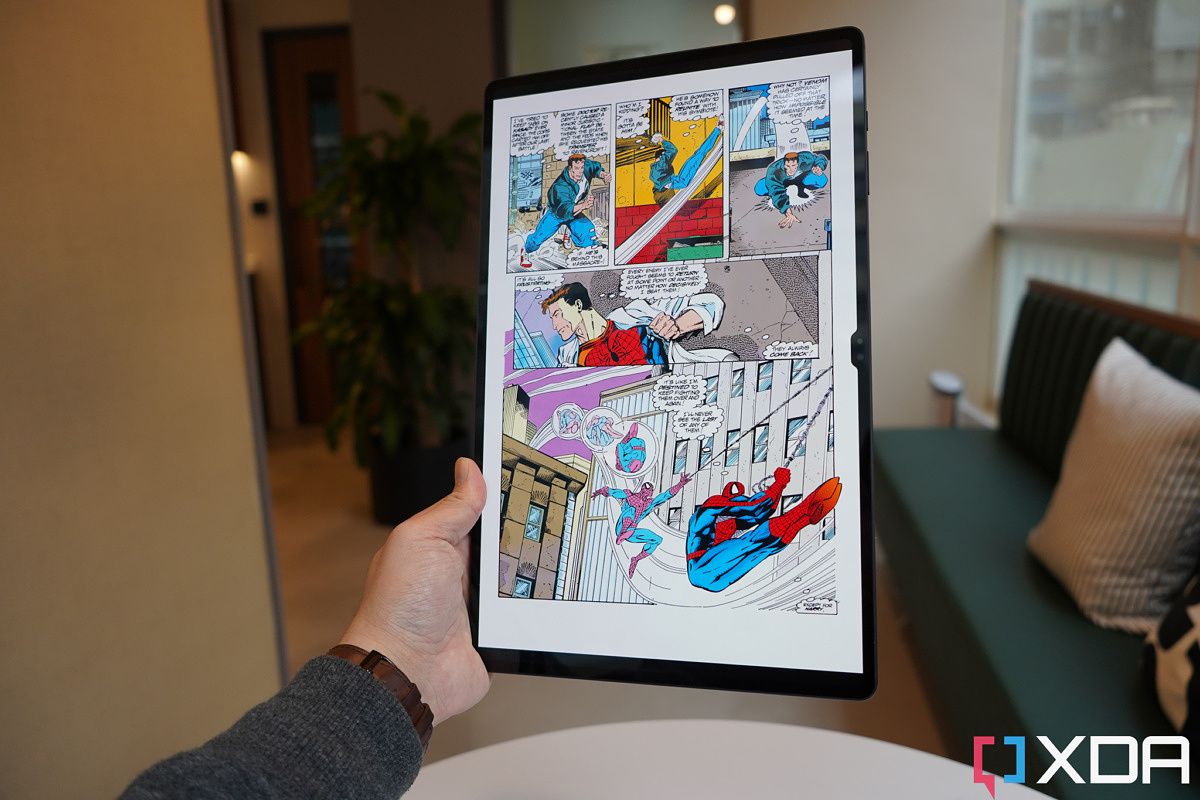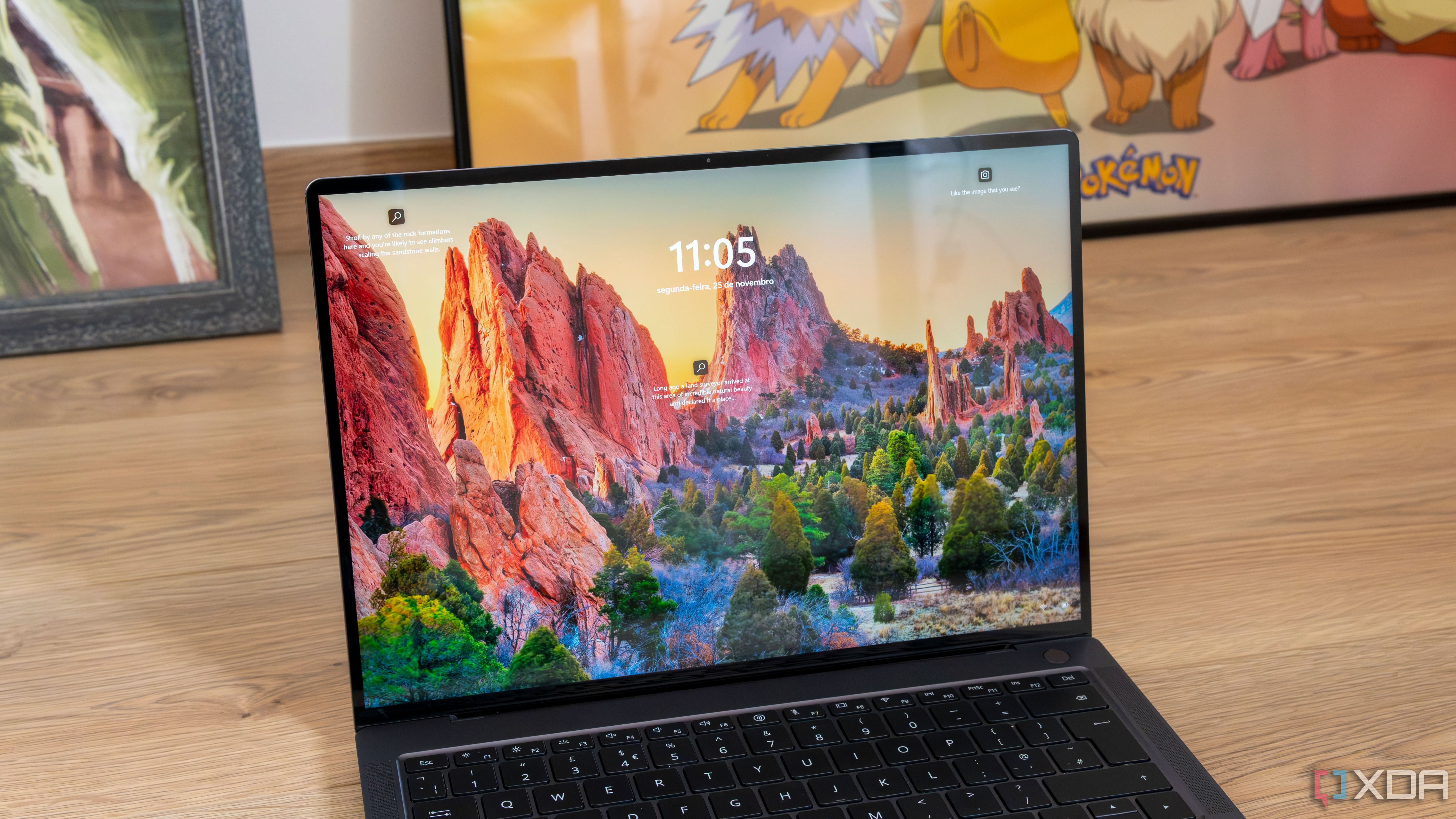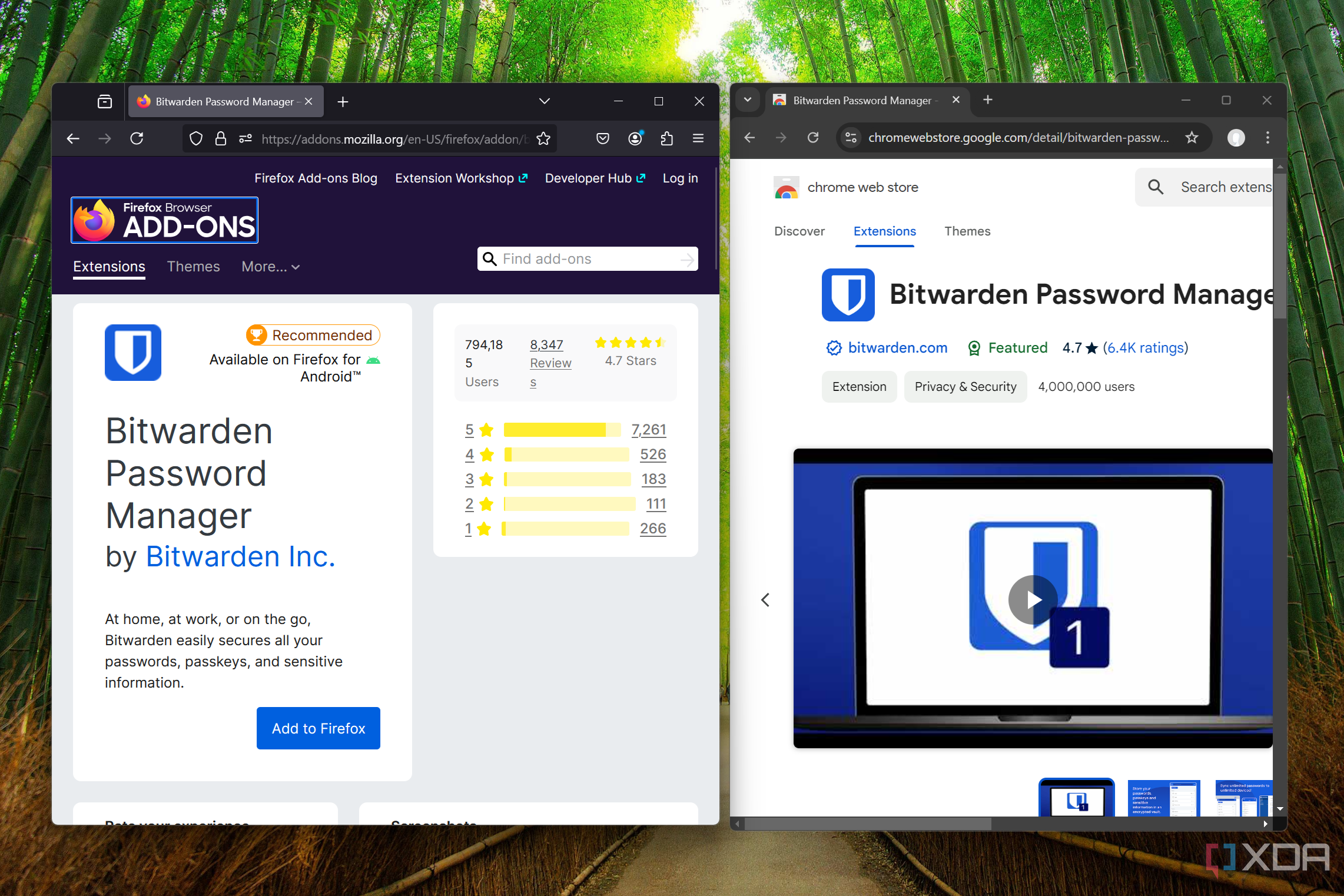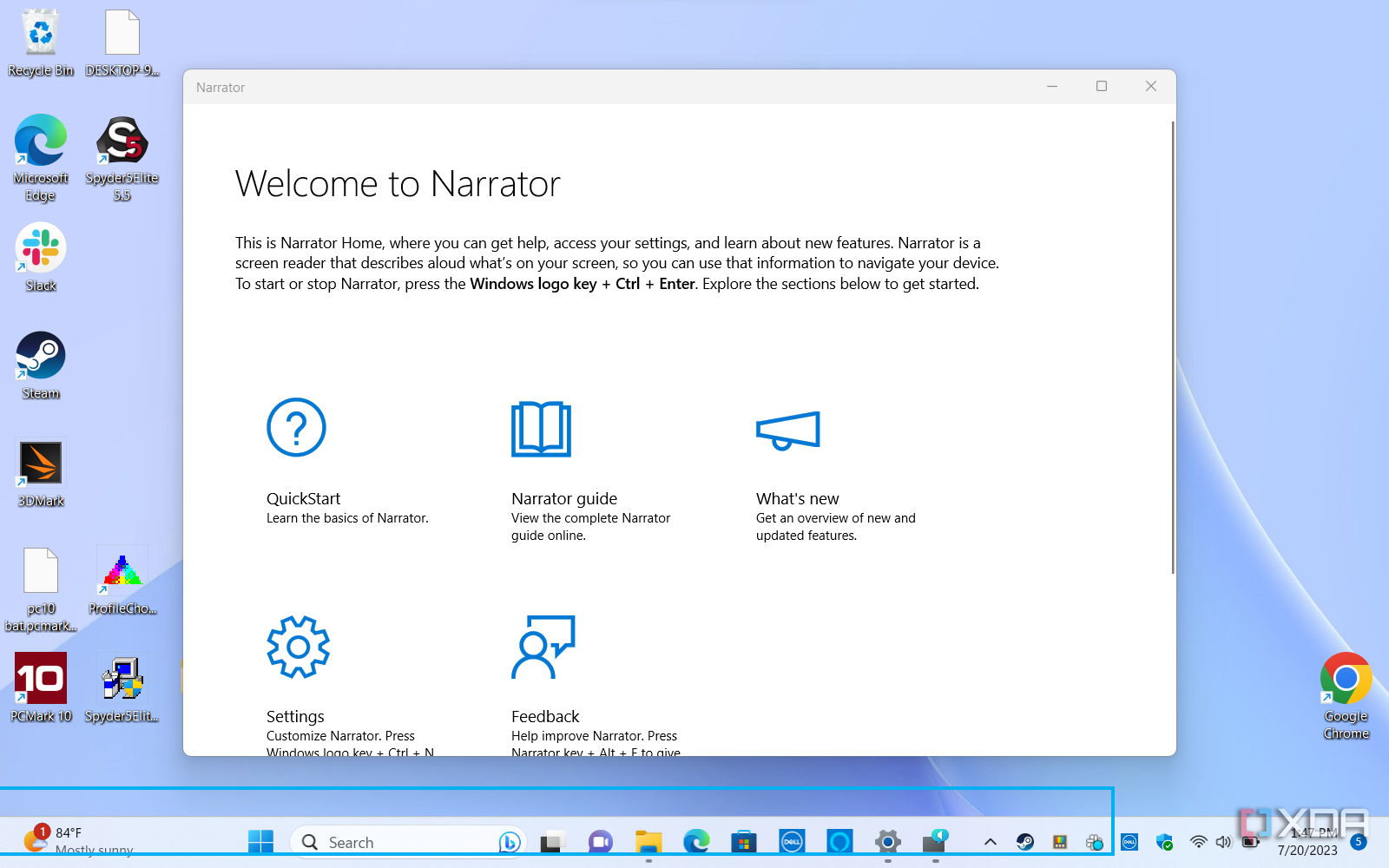Reading online isn’t a necessity anymore, and most people see it as recreation or a deliberate choice. Students spend hours reading up on course content, staring at a screen, and when I am not writing, I’m usually reading other articles on the web. This avocation takes a toll on my health, with complications ranging from mild headaches and eye strain to worsening eyesight and a prescription that refuses to stabilize.
Picking up a good display for your PC is the first remedial measure I would suggest, but if most of what you read is web-based, a simple browser extension can work wonders in making content more accessible, manageable, and less tiring to read, irrespective of the browser and operating system you prefer using. I have been using a screen reader for a little over a year now, and here is why I might never remove this browser extension.
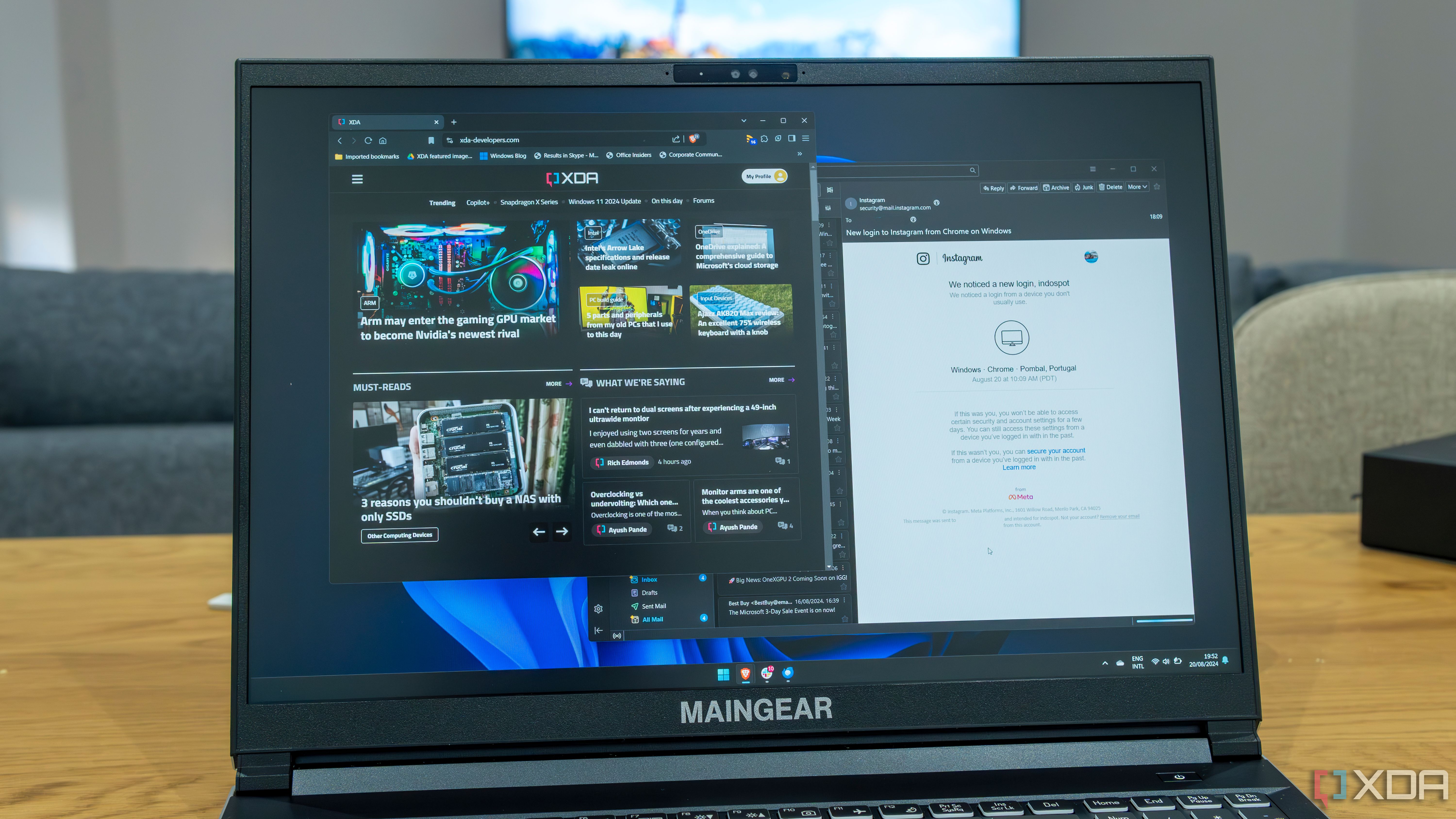
Related
Making the perfect browser — 7 features I want to see
I need someone to make this
4
Make any text a mini-podcast
Text to speech for the win
Screen readers have been around for years. They are essentially lightweight text-to-speech synthesizers that aren’t resource-hungry. Popular screen readers offered on the Chrome Web Store use on-device synthesis, cloud-based processing, or a mix of the two. They need access to the content displayed on the web page, but once that’s set up, you just need to click where the reader should start and activate it from the extension menu. I even keep my preferred screen reader pinned for swifter, repetitive access.
Thereafter, grab some shut-eye while processing the content being read aloud. Small momentary breaks like this add up quickly to help reduce the amount of time you stare at a screen. It’s quite like the passive consumption we have come to enjoy through podcasts while driving, cooking, or cleaning. If you select a particularly large text to read, you could even multitask on the side. You don’t need to be glued to the screen to finish reading if you don’t want to.
3
Focused reading is a more enjoyable experience
Even if you have learning disabilities
The Tab S8 Ultra’s screen size is great for reading American comic pages.
I am often dismayed by the stark contrast between the involved experience of reading a paperback and all the distractions in reading something online. If you are easily sidetracked by ads, tempted to click on links leading to tangential content, or just crave a more focused reading experience, a screen reader can help. First off, most screen readers only pull the text body from the selected web page, devoid of hyperlinks and advertisements.
Other such browser extensions also highlight the current paragraph or word in a separate pop-up window with player controls. This way, you can read along without losing focus. Approaching reading materials like this also helps reduce the cognitive load for people with learning disabilities such as dyslexia, improving their comprehension as a result. The highlighting feature is particularly useful when faced with a large wall of text that hasn’t been separated into paragraphs or dotted with images and other visual markers. With a screen reader, I find it easier to resume reading these walls of text if I’m interrupted.
2
Addressing eye strain
Better health comes easily
It may not be obvious when I alluded to this benefit of using a screen reader earlier, but you can save your eyes from constant strain if you make a habit of it. We habitually stare at our screens, even if the content we’re consuming is merely audio, such as a podcast with a non-informative video stream. Often, I’ve found myself unwillingly multitasking while listening to the reader for information.
Once I made a conscious effort to look away from the screen while the browser extension was at work, I realized I could save myself plenty of unwanted eye strain in the course of a regular workday. In the long term, those few minutes each day that you spend away from your screen can potentially help with eyesight, headaches, and overall well-being.
Moreover, reading without looking at the screen feels a bit like confident touch typing, where your subconscious takes charge and dependable muscle memory ensures you don’t err.
1
Breeze through relevant content
Skip the unimportant parts
Before you summon the screen reader, there’s a good chance you’ll skim the webpage for useful information so you don’t end up wasting time. That’s helpful, but I also found that if you hastily activate the extension before skimming the page, you can instead use the reader’s tools to jump to the relevant subsection of text. This greatly speeds up navigating through what you’re reading or listening to.
Most of the popular screen readers on the Chrome Web Store allow you to speed up or slow down narration, jump to the next paragraph or subsection with a single click, and adjust the text size in the pop-up for when you’re following along visually. To further improve accessibility, most readers offer multiple narrator voices to choose from as well. It helps if you prefer a certain voice, accent, or intonation over others.
Extend the convenience to your daily life
To me, screen readers are more than just an accessibility feature. I found these browser extensions so useful that similar utilities now run on my PC, and I often summon Gemini to peruse those essay-style Reddit posts on my phone. Now, I await extension support on Chrome for Android, so I can use the same reader on my PC and phone for a consistent experience without relying on Gemini on the smaller screen.
Some of these extensions, like the Read Aloud option from thereadme allow you to upload your documents so they can be read out, instead of forcing you to stick with Narrator on Windows, or similar OS-level solutions. These make the perfect middle ground.
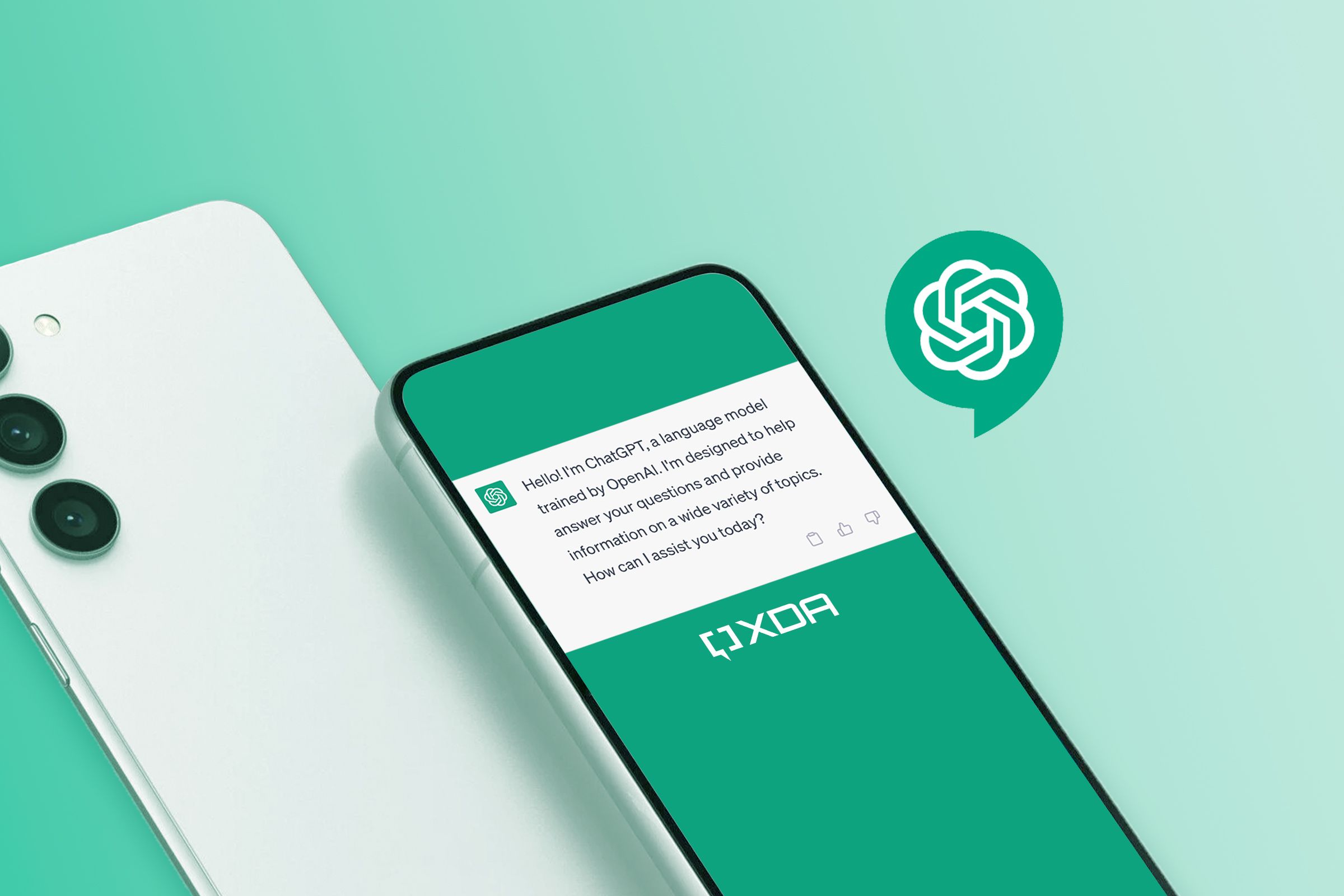
Related
5 ways tools like ChatGPT and Google Bard can help with accessibility
ChatGPT, Google Bard, Bing Chat, and more can be a force for evil, but they’re also helpful for those who may require additional help.



